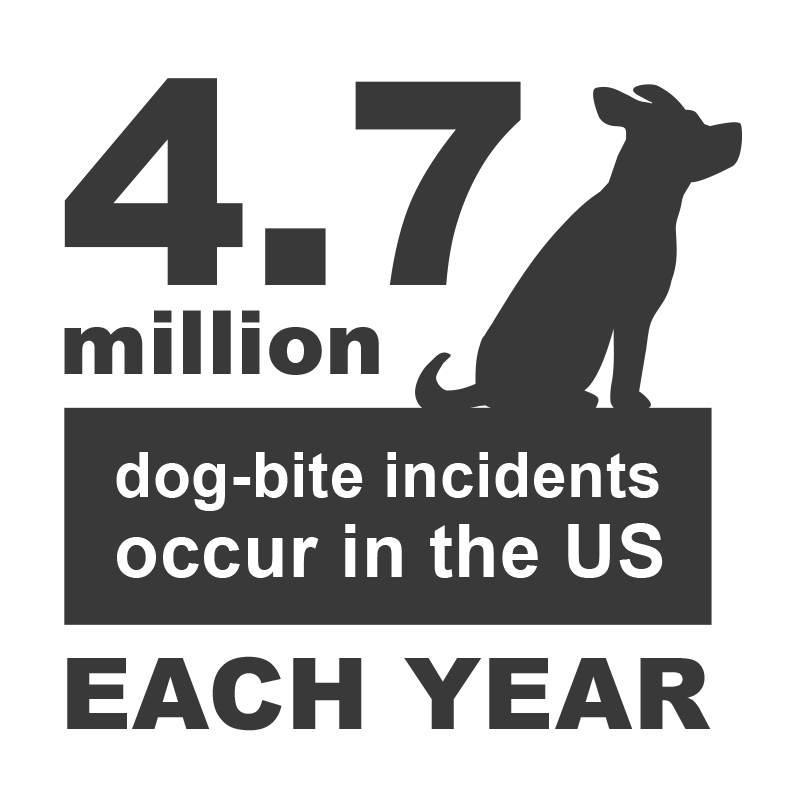Wrongful death claims are for individuals who have lost a loved one due to someone else’s negligence or misconduct. Wrongful death claims compensate the survivors of the deceased for things like lost companionship, lost wages, funeral expenses, medical bills, and more.
Wrongful death claims are generally limited to the immediate or close extended family of the deceased to prevent distant relatives from profiting from their death. There are laws in place to prevent the abuse of wrongful death claims. But there are also laws to ensure that compensation is provided for those who need and deserve it.
Today’s blog is about wrongful death claims. Keep reading to learn everything you need to know.
Who Can File A Wrongful Death Claim?
Wrongful death claims are limited to a select number of people. You must be a close relative to the individual and have been directly affected by their death to be able to file a wrongful death claim. Each state sets the statutes for wrongful death and is usually for widows and orphans, the ones most affected by the death.
Having been friends in college, close friends, or even co-workers isn’t enough to file a wrongful death claim on behalf of the deceased. These laws are in place to prevent anyone from unethically taking advantage of a person’s death.
Each state will limit how much the recipients can receive, which is another reason why states limit the recipients and amounts of wrongful death claims.
When Wrongful Death Applies
Wrongful deaths only apply to specific circumstances, which you must prove with hard evidence. Murder, medical malpractice, and auto accidents are the most common types of wrongful deaths that you can sue over. Here’s more detail on each kind of wrongful death.
Murder
Intentionally killing another person is murder, and it most certainly qualifies for wrongful death. Murder is more complicated since the murderer/defendant will be criminally charged and prosecuted.
A wrongful death claim would be in addition to the criminal charges but would occur in civil court. It’s possible to have both criminal and civil charges against you at the same time.
Medical Malpractice
Doctors have legal and ethical duties to their patients. It’s a doctor’s job to test and diagnose their patients correctly. If a doctor lacks the expertise to diagnose or treat a patient properly, they have the ethical responsibility to refer the patient to a skilled doctor.
As long as a doctor follows all their ethical and legal obligations, they are fine. But should a doctor fail to and that patient dies as a direct result, they are guilty of medical malpractice and can be sued for wrongful death.
Doctors carry medical malpractice insurance to protect themselves from lawsuits like this. Some cases don’t meet the criteria for medical malpractice, but if you win the lawsuit, your compensation will likely come from their malpractice insurance.
Auto Accidents
Many auto accidents result in wrongful death claims, but not every case is won. There must be proof that the driver engaged in negligent behavior while driving. Evidence that they were using their phone or were under the influence of alcohol is enough to file a wrongful death claim.
How Wrongful Death Claims Work
To file a wrongful death claim, you must have sufficient evidence. That evidence must include the following:
- Someone’s negligence or harmful intent caused the individual’s death.
- The person’s death costs the family money.
- A personal representative must be in charge of the deceased’s property.
Without these three elements, you don’t have a case for wrongful death. If you don’t have enough proof, you can’t file a lawsuit, as this would waste the court’s resources.
Additionally, you must file your case within the statutes of limitations. Those limitations are set individually by each state, so you’ll need to determine the time frame you have. Usually, this time frame begins at the time the person died. But, if their cause of death is what revealed wrongful death, and that cause wasn’t discovered until later on, then wrongful death would begin when the cause was found.
Damages
You’ll likely collect monetary damages, which cover loss of services, support, medical and funeral expenses, and loss of inheritance. You’ll also collect financial injuries, which cover any money you lost due to the person’s death. Finally, a damage award will repay your expenses and may include interest.
Proving Wrongful Death
It can be very challenging to prove wrongful death. All of the elements listed above must be met, and it could be hard to prove that yourself. You might need expert help in the form of an attorney. It’s also not uncommon for an expert witness to be hired to testify.
Determining the Settlement Amount and Getting Paid
Your settlement amount will depend on how old the person was when they died. It also depends on medical bills, funeral/burial costs, how much your pain and suffering are worth, etc.
You’ll receive a check from the defendant’s insurance company for the total amount. If you’ve hired an attorney, their fees will come out of the check before the rest is yours to keep.
Flickinger • Boulton • Robson • Weeks
Did you lose a family member to wrongful death? Wrongful death claims are not easy to handle on your own. There’s a lot of legalese, paperwork, and confusion involved in the process. But rest assured that you’re not alone.
Flickinger • Boulton • Robson • Weeks has been representing individuals in wrongful death claims for over 25 years. Our expert attorneys will skillfully guide you through the process, so you can receive the compensation you deserve for the wrongful loss of your loved one.
Flickinger • Boulton • Robson • Weeks is located in northern Utah with offices in South Jordan and Provo. To get started with a free case evaluation, call us at 801.500.4000, or fill out the form on our website. However you prefer to reach out, we’ll be here to help.

